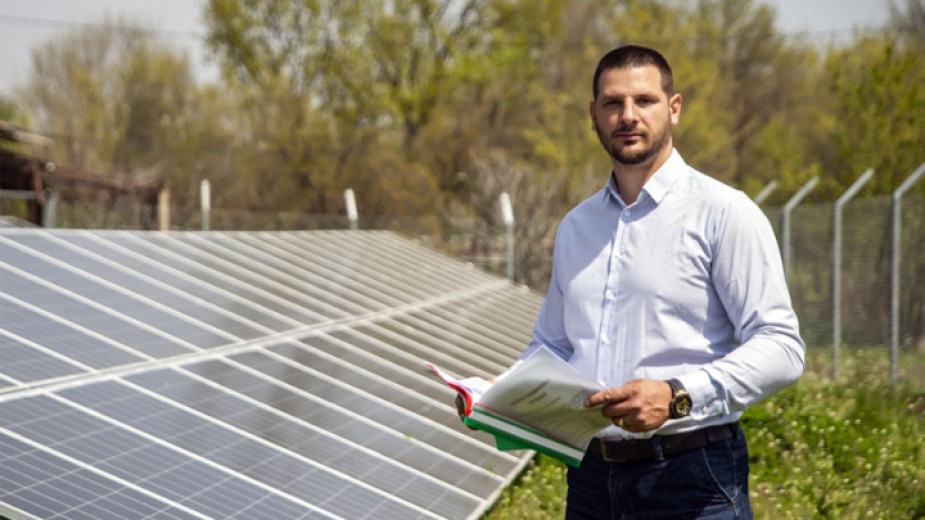The new higher prices of electricity that came into force at the beginning of this month have caused dissatisfaction among businesses. The simplest explanation behind the need for yet another rise is higher carbon prices, which are currently around and above 55 euros per ton.That is how electricity prices for the regulated market rose by an average of 4.4% and prices of heating rose by an average of 16.23%. The new prices and the 20% reduction in the purchase price of electricity from renewable energy sources has made a number of small and medium enterprises involved in building small photovoltaic power plants, united in the Bulgarian Solar Association, appeal against the decision taken by the Energy and Water Regulatory Commission. In an interview with BNR, its chairman, engineer VeselinTodorov, commented that preferential purchase prices of electricity from renewable sources was the only form of state aid that the sector received.

"At the backdrop of the great jump in the price of raw materials worldwide (iron, copper, glass, silicon, which are needed for the production of solar panels), a 20% reduction in the purchase price stops future investors who want to build small plants up to 30 kilowatts."
Reducing carbon emissions, breathing cleaner air, energy independence and predictability of the amount of energy produced and consumed are just some of the benefits of using renewable energy sources. However, this does not mean that these types of energy sources are easily accessible to those who want to use them:
"In Bulgaria, we still have purely administrative barriers that hamper people’s motivation for serious interest in green energy," Todorov says, comparing the requirements for photovoltaics in Germany to those in Bulgaria. "In Germany, each house or other building must have a certain percentage of photovoltaics on the roof to compensate for the electricity losses of the building. In Bulgaria, in order to place a solar panel on your roof, you must obtain permissionand pay excise duty tax for the energy produced.Obstacles are also caused by old laws, which have not been reformed. We need to allow the individual citizen to determine their own energy independence," Mr.Todorov adds.
Compiled by: Yoan Kolev
English: Alexander Markov
Photos: private library
In its “Questions and Answers” section on the introduction of the euro, the Bulgarian National Bank has published a clarification on how the single currency should be denoted and written in accordance with EU regulations. The name of the..
The government approved the draft Law on the 2026 State Budget, as well as the Updated Medium-Term Budget Forecast for the 2026–2028 period. In connection with the introduction of the euro on January 1, 2026, all figures have been prepared in..
Citizens should remain calm about the introduction of the euro in Bulgaria from January 1, 2026, as the Bulgarian National Bank and commercial banks are ready for all processes related to the currency conversion and distribution of euro banknotes. This..
The average price of apartments sold in Sofia in the third quarter of 2025 reached €2,310 per square metre , marking an annual increase of 25.5%,..
Natural gas prices in Bulgaria are set to fall by just over 4% in December , significantly higher than the previously forecast 1% drop, according to..

+359 2 9336 661
